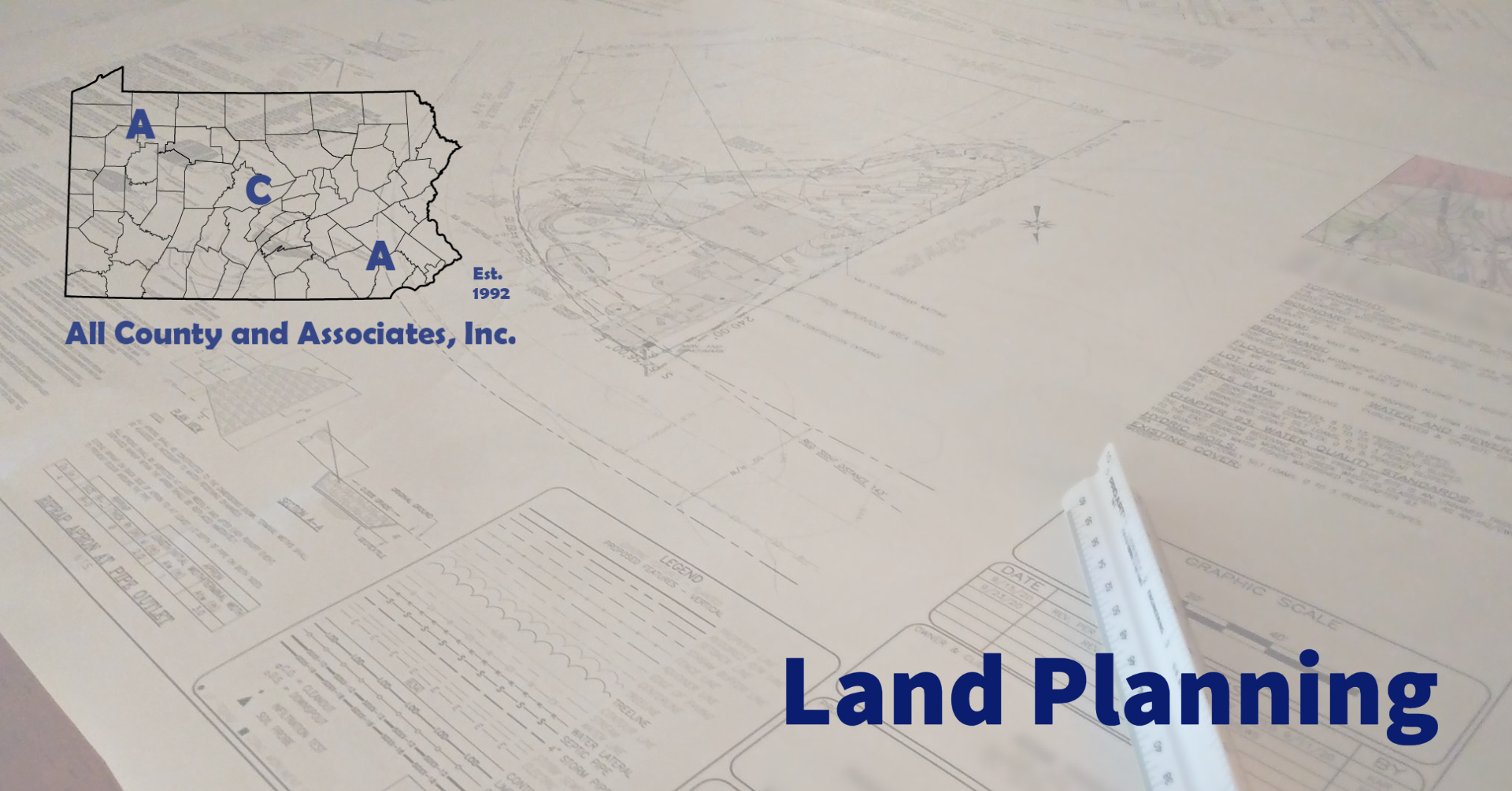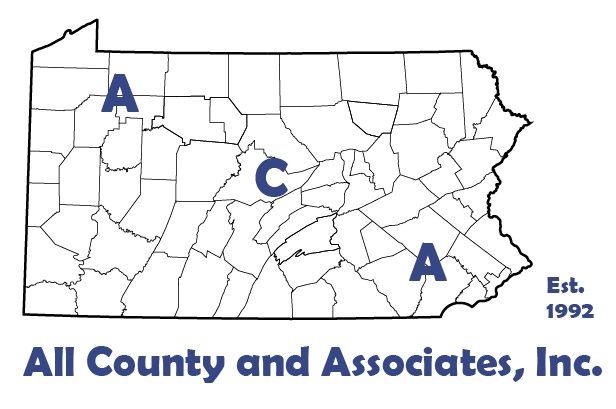
This summer, interest in pool ownership has returned to levels not seen since the 1990s. With social distancing practices and COVID-19 uncertainty, community pools remain closed. With this investment comes construction requirements. In Pennsylvania, there are many codes that apply to pool planning and construction. First, there is the Pennsylvania Uniform Construction Code, which sets statewide standards. Next, local ordinances might have requirements for setbacks, barriers, and permit submission.
Pennsylvania Uniform Construction Code
Let’s start with the PUCC since it sets a statewide standard. The Department of Labor and Industry oversees the standards. When looking at swimming pools, the International Swimming Pool and Spa Code is the primary code. Additionally, the International Residential Code has limitations on electrical components.
The ISPSC sets limitations on pools in flood hazard areas and barrier requirements. First, a pool in a designated floodway must prove it will not increase the flood elevation. If a designated floodway does not exist, applicants must perform a flood study. This study must prove the pool will not increase the flood elevation more than 1 foot at any point waterway. Next, it sets requirements on barriers to prevent entry and limit drowning hazards. These are the standards:
- It can be around the entire property or just the pool area
- It must be 48″ tall, self-latching and self-closing
- The latch must be 54″ above ground and 3″ below the top of the gate
- No opening greater than 1/2″ can occur in the fence within 18″ of the latches
- The gate must swing away from the pool
- The material must not encourage climbing
- Each dwelling door with direct access must have an alarm that sounds for 30 seconds throughout the dwelling
Finally, the PUCC states that pool decks, fences, and/or heaters need permits. For submission, a plot plan showing all setbacks, locations, etc. will need prepared.
Local Zoning Ordinances
In residential areas, swimming pools are accessory uses and structured accordingly. This means that building setbacks for the specific zoning area applies. Additionally, these ordinances can state standards like the PUCC requirements. Ordinances can also contain requirements for the filling and draining of the pool. Finally, some municipalities may even have swimming pools specific ordinances and permitting requirements.
On a final note, with code requirements. It is important to remember that fence construction must occur within code as well. Typically, standards will be set for fences in a zoning ordinance. These include requirements to ensure the fence does not obscure visibility along roads and driveways.
Who is ACA?
Started in 1992 and located in Chester County, PA ACA has grown to become a full-service civil engineering firm. Today, we merge professional services with practical knowledge for residential and commercial projects. No matter the scale, from installing a fence, to building a structure or developing land, you need permits. Because the approval process includes many permits and agencies, it can be a headache. Working with ACA’s full-service team saves you time, money, and headaches. Every step of the way, we are here to support you and educate you about the process. Here are some of the basic services we provide:
Construction Management | Civil Engineering | Environmental Permitting | Septic System Testing and Design | Land Surveying | Wetland Delineations and Mitigation
Please feel free to browse our website or if working on a project or need help, contact us at (610) 469-3830.
Also, join the conversation on: Facebook | LinkedIn
